Sen. Josh Hawley (R-Mo.) announced legislation on Feb. 27 that would force big companies to pay their workers a $15 minimum wage.
Hawley’s plan targets corporations with revenue of $1 billion or more, and comes amid a bitter fight on Capitol Hill about the inclusion of a federal minimum wage increase in the Democrats’ $1.9 trillion pandemic relief bill.
“Mega-corporations can afford to pay their workers $15 an hour, and it’s long past time they do so, but this should not come at the expense of small businesses already struggling to make it,” the Missouri Republican added.
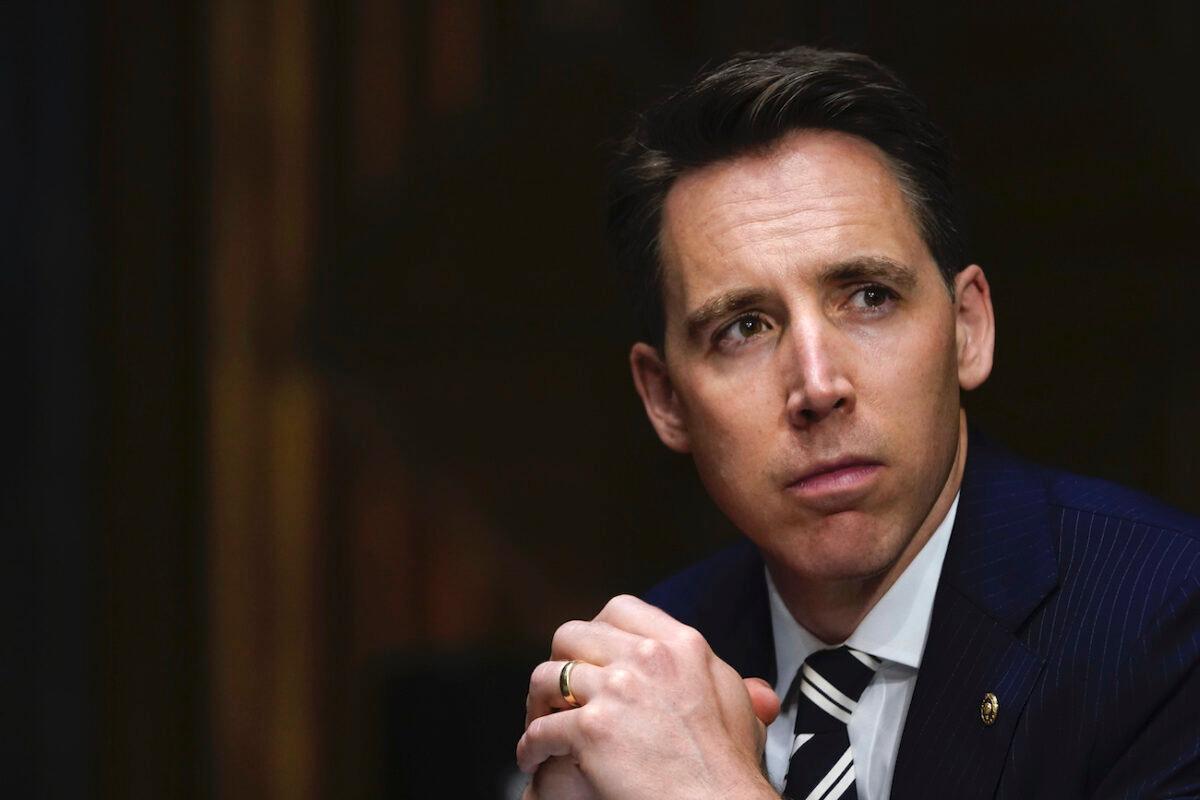
“Wages for blue-collar workers have been stagnant for decades. And government made the problem worse by shutting down the economy a year ago. It’s time we give blue-collar workers some respect and a pay raise,” Hawley said in a statement, in which he argued that the measure wouldn’t burden small businesses as the wage boost would be paid out by the IRS, which means it would encumber taxpayers more broadly.
Democrats’ efforts to boost the federal minimum wage to $15 an hour hit a stumbling block after the Senate’s nonpartisan rule arbiter indicated the wage increase couldn’t be included in the budget reconciliation process, which is how Democrats are seeking to advance the relief bill so as to pass it without having any Republican support.
So far, not a single Republican in either chamber had publicly said he or she would back the Democrats’ $1.9 trillion package, suggesting that President Joe Biden’s first major legislative initiative could face a wall of unanimous GOP opposition.
Following MacDonough’s opinion, an alternative minimum wage boost proposal was floated by Senate Budget Committee Chairman Bernie Sanders (I-Vt.) and Senate Finance Committee Chairman Ron Wyden (D-Ore.).
“I strongly disagree with tonight’s decision by the Senate Parliamentarian,” Sanders said in a statement on Feb. 25. “In the coming days, I will be working with my colleagues in the Senate to move forward with an amendment to take tax deductions away from large, profitable corporations that don’t pay workers at least $15 an hour and to provide small businesses with the incentives they need to raise wages.”
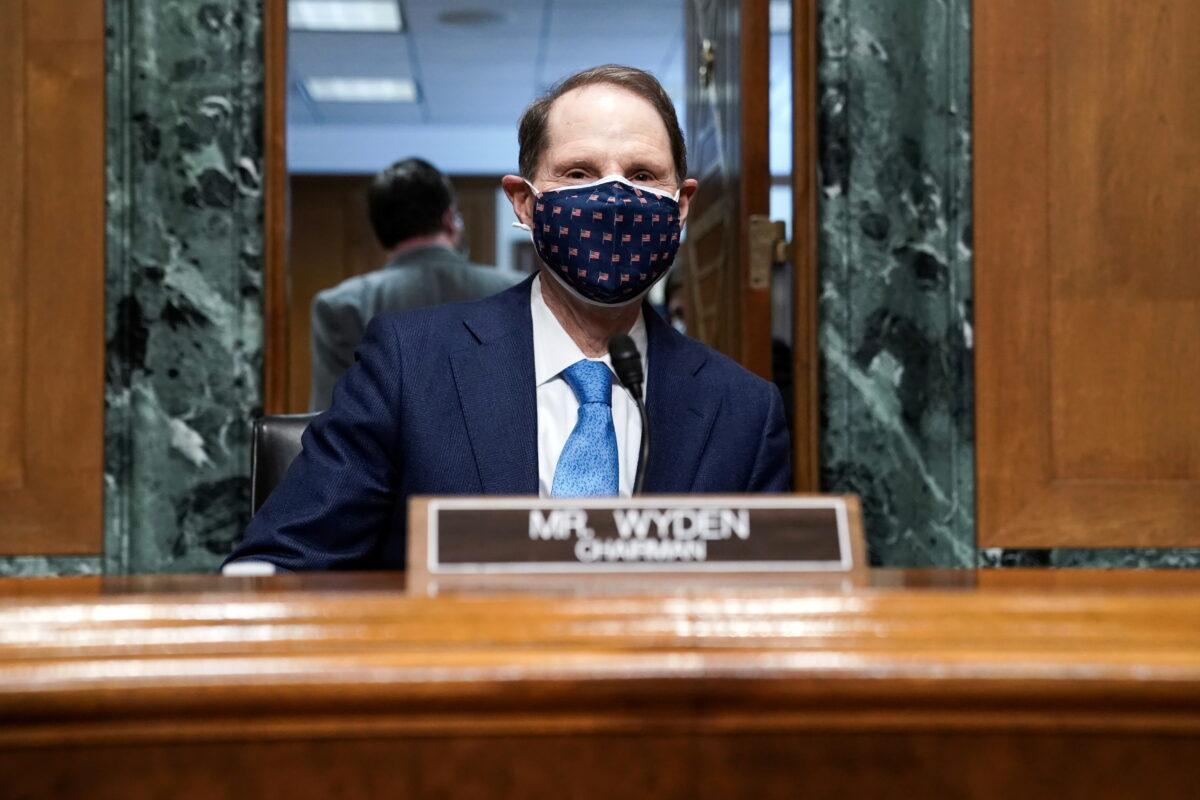
Democrats included the minimum wage hike in the relief package despite Republican objections on grounds that it has little to do with combating the pandemic and that the matter should be taken up as part of a standalone legislative effort.
While Democrats could still pursue a minimum wage boost in free-standing legislation or attach it to other legislation, they would still face the challenge of garnering 60 Senate votes, a hurdle that has upended Democratic attempts to boost the minimum wage for over a decade.
Economists have for years hotly debated the issue of raising the minimum wage, with advocates arguing that rising salaries will boost purchasing power and the added spending will lift the economy, while opponents argue it will hurt businesses and lead to higher unemployment.
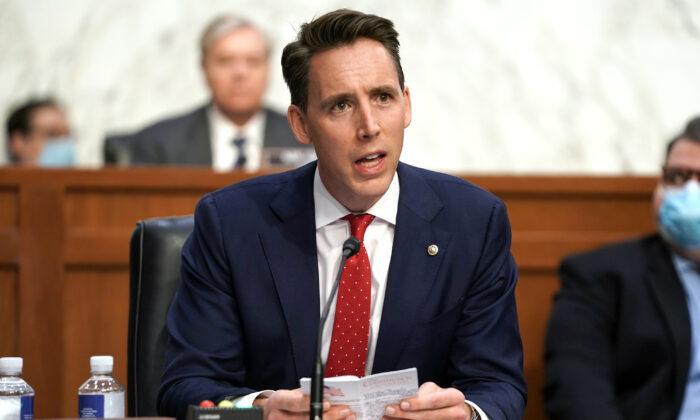

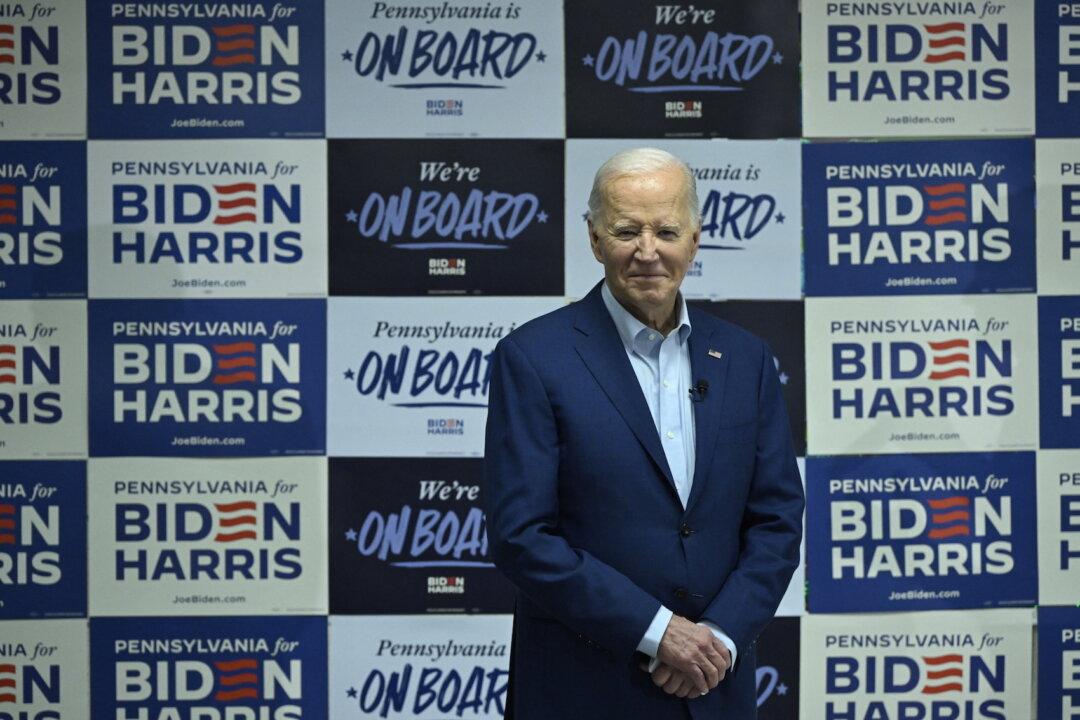
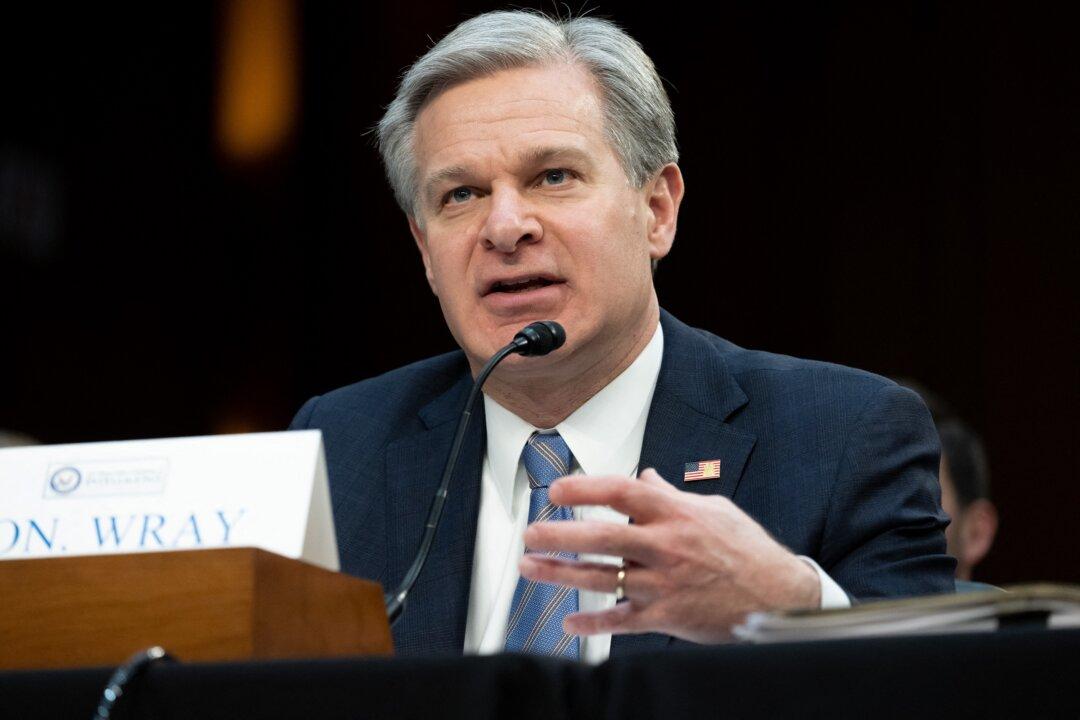

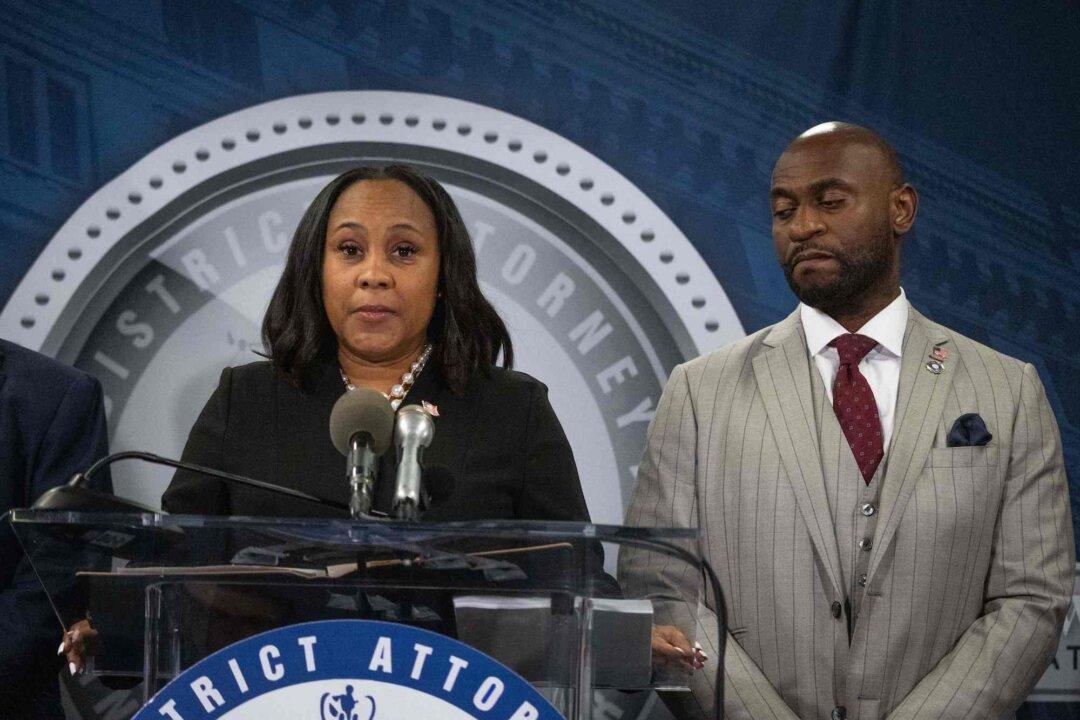
Friends Read Free